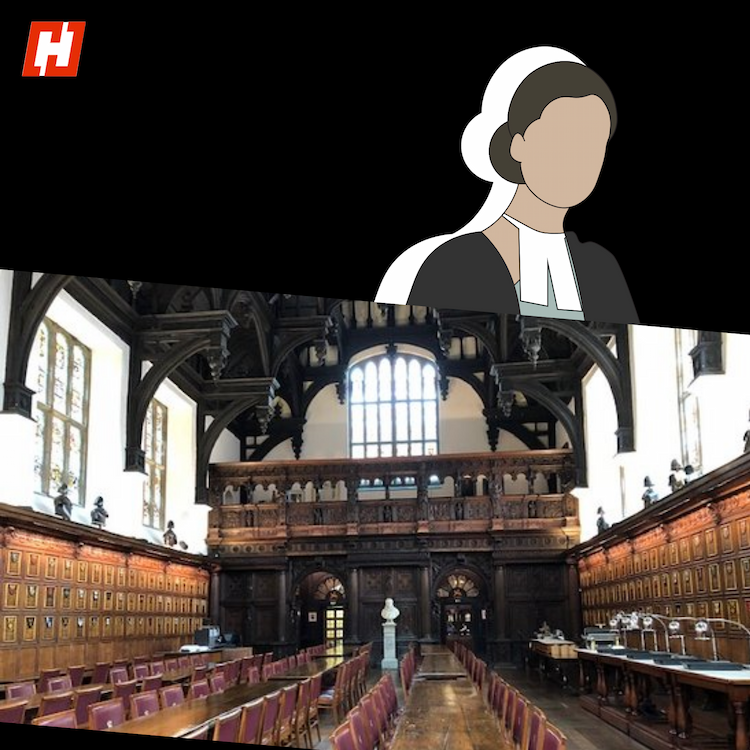Several remarkable women played vital roles in the drafting and debates of the Indian Constitution. Their work, ranging from advocating for women’s rights to shaping provisions on equality, remains overlooked in mainstream and popular narratives.
Champion on inclusivity
Hansa Jivraj Mehta, an educationist and reformer from Gujarat, ensured gender inclusivity by replacing “all men” with “all citizens” in the Preamble and presented the first national flag on behalf of Indian women on 15 August 1947.
Architect of social welfare
Durgabai Deshmukh from Madras contributed extensively to debates on fundamental rights and was instrumental in shaping social welfare policies and promoting women's education.
Voice for gender justice
A political activist from Kerala, Ammu Swaminathan, was a member of the Constituent Assembly and championed equality, especially in matters of marriage, inheritance, and gender justice in the Constitution.
Advocate of a uniform law
Renuka Ray, a noted social reformer from Bengal, influenced provisions related to women’s legal status and worked tirelessly to integrate principles of equality into the constitutional framework. She also argued for a uniform personal law code.
Defender of secularism
Begum Qudsia Aizaz Rasul, from UP, the only Muslim woman in the Constituent Assembly, championed secularism and advocated for an inclusive national identity, while also focusing on minority rights.
Guardian of civil liberties
Purnima Banerjee, a passionate freedom fighter, championed civil liberties and democratic rights, while Annie Mascarene, among the first women in the Travancore State Congress, contributed significantly to debates on federalism and state integration.
Voice for federal unity
These women, diverse in background but united by vision, left an indelible mark on India’s founding document—a legacy that continues to live on and deserves far greater recognition.
Disclaimer: This article has been curated by Hook. All claims and opinions expressed belong to the original author. Hook does not verify or endorse the information presented and is not responsible for its accuracy.






